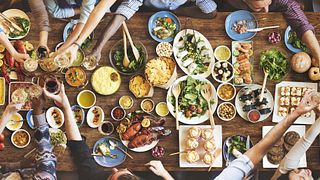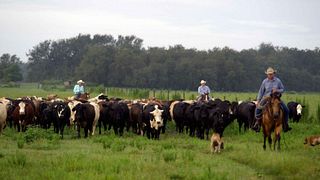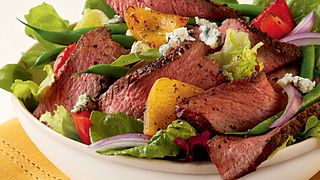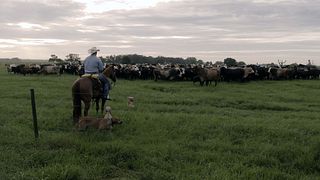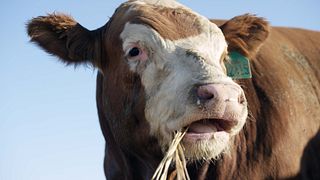Addressing Hunger and Nutrition Security: The Social-Cultural and Economic Dimensions of Sustainable, Healthy Food Systems
According to the Food and Agricultural Organization, sustainable, healthy diets are dietary patterns that promote all dimensions of individuals’ health and well-being; have low environmental impact; and are accessible, affordable, safe, equitable and culturally acceptable. Much emphasis has been given to the environmental impact of sustainable, healthy diets – and now the importance of the social-cultural and economic dimensions are gaining much needed attention. Global and local food systems that are advancing sustainable, healthy diet goals of alleviating the burden of malnutrition, in all of its forms, is a challenge that we all must embrace and rally around. Alarming and growing numbers of people throughout the world and in the US do not have access to safe, affordable, healthy diets that help lay the foundation for good health and well-being – making the discussions surrounding sustainable, healthy diets and food and nutrition insecurity of increasing importance and urgency. Food and nutrition experts are key stakeholders in these discussions by helping raise awareness about this topic, by breaking down barriers that exist in access to healthy foods for all, and by proposing solutions to food and nutrition insecurity issues and problems.
Registered dietitian, speaker, and author, Clancy Harrison, MS, RDN, FAND, and food futurist, author and speaker Jack Bobo will discuss sustainable, healthy diets in the context of the social-cultural and economic dimensions in our current food system and describe the role that animal source foods play in sustainable, healthy, culturally relevant dietary patterns. Registered dietitian nutritionists will consider the current food system and the dimensions of sustainable, healthy diets including the social-cultural and economic dimensions encompassing issues like food and nutrition insecurity and hidden hunger and empower themselves in learning approaches to help. In addition, RDNs will identify ways in which they can help instigate change in the current food system to improve accessibility and improve nutrition security in their communities, as well as discover how they can educate their clients and patients to nourish themselves and their families, realizing strategies to promote and encourage knowledge about and access to affordable, nutrient-dense, culturally relevant foods.
Learning Objectives:
After the webinar, participants will be able to:
- Identify the three core dimensions of sustainable healthy diets and describe, broadly, the elements encompassed within each dimension.
- Describe food and nutrition insecurity – what it is, who it impacts, where and why it exists and how registered dietitians can play a role.
- Develop an understanding and appreciation for the concept of tradeoffs in the context of the current food environment and as they relate to sustainable, healthy diet discussion.
- Describe animal source food’s role in sustainable healthy diets including nutrient density and nutrient profile and role in sustainable, healthy diets.
Continuing Education:
If you are a health professional seeking complimentary continuing education credits, please visit the Beef Nutrition Education Hub. This webinar has been approved for 1.5 credit by the Commission on Dietetic Registration and you can download a continuing education certificate by accessing content through the Beef Nutrition Education Hub.
